Apr 2, 2024 12:59 PM
Saxophonist, Sonic Explorer Casey Benjamin Dies at 45
Casey Benjamin, the alto saxophonist, vocalist, keyboardist and producer who stamped his distinctive sounds on the…
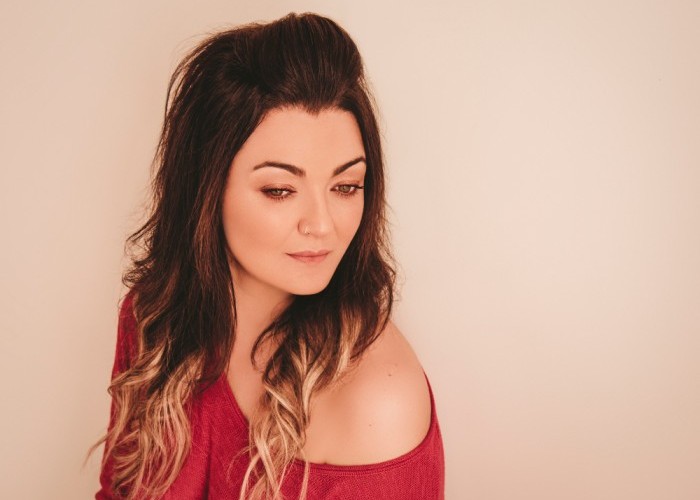
Deanne Matley received grants to pay for the production expenses of her new album, Because I Loved.
(Photo: Kelley Matley)Six years ago, as Deanne Matley was building her career as a jazz singer in Calgary, Alberta, fans kept approaching her after performances to ask if she had released any albums. So, Matley took the hint and decided to do it herself.
“As a full-time musician, I’m an entrepreneur, you know?” she said. “This is my business.”
Raising capital to release an album, though, is a different proposition than, say, opening a hardware store. For her first album, Stealin’ Blue, her approach was fairly simple: It documented Matley and pianist Bruce Petherick performing live at Café Koi in Calgary. “I decided that I was going to do my debut album live, because I figured that if I can’t do this live, then I shouldn’t be doing it.”
Coming up with the cash for the album took some doing. Although Matley signed up with the self-funding website Kapipal, she also had fans simply offering to contribute. “This was before crowdfunding became [such] a big thing,” she recalled. “People knew I was recording an album, and would say, ‘We want to help.’”
By August 2016, when Matley began work on her new album, Because I Loved, she had another duo album under her belt (Can’t Help Falling, with guitarist Larry Koonse), as well as a two recordings with her band and a Christmas disc. Even so, this new project presented an entirely different set of challenges. Not only would Matley be working for the first time with a producer, drummer Jim Doxas, but the album would also feature a variety of ensembles in the studio.
“I’d done four albums before, but this one was like releasing my first album, in a way,” she said. But as she began planning the album, she realized it would cost her almost $15,000 to record and manufacture, “which is a lot of money in my world,” she said.
So, Matley decided to apply for a grant. “In Canada, there’s the FACTOR grant, which is national, and there’s also one in Alberta, called the Alberta Foundation for the Arts,” she explains. (FACTOR—the Foundation Assisting Canadian Talent on Recordings—is a program founded by Canadian broadcasters, funded in part by broadcast license and renewal fees.) In addition to having to submit an outline of her project, including a budget, bios, marketing plan and the like, Matley was required to include a demo of some of the material she planned to record. “Now, you don’t have to spend a lot of money on these, but obviously you want to put your best foot forward,” she explained. So she flew to Montreal to record in a studio with Doxas.
Initially, both grant proposals were rejected. “The first time I applied for a FACTOR grant, I [missed it] by .6,” she said. “You had to get 83.7 overall, and I got 83.1.” Matley was understandably crushed by the result: “When I received the ‘no,’ I instantly went into a place of ‘I’m not good enough.’ Then I realized that I was tying my worth to whether I got this grant or not. But I shifted that around and decided we’ll just try again.”
In the meantime, she decided to try crowdfunding again. “One of the hardest things for me is asking people for money, because I was brought up thinking if you can’t afford to do it, then don’t do it,” she said. “I had to step into the uncomfortable to do this, but it was one of the best things I ever did. The album is all about relationships—being in relationships with your friends, family, and fans—and being open to receiving support is another big thing.”
This time, her crowdfunding was through Indiegogo. “This got researched by my team,” she explained. “There’s Kickstarter and Indiegogo and a bunch of things, and they said this is the best one, because even if you don’t reach your target, you still get to keep the money that you raise. With some of platforms, if you don’t make your target, you get nothing.
“The Indiegogo campaign raised a lot of money, but I still kept applying for the grants,” she said. “I kept applying for grants because at that point I felt, why not? What do I have to lose?” On her third try, she got an Alberta Foundation for the Arts grant for $10,000, and on her fourth, a FACTOR grant for $2,000.
Despite the struggle, Matley is glad things worked out the way they did. “It was what I was supposed to do,” she said. “Because if I had gotten the grants, I wouldn’t have done the Indiegogo campaign, which wouldn’t have helped create the awareness of who I am.” DB
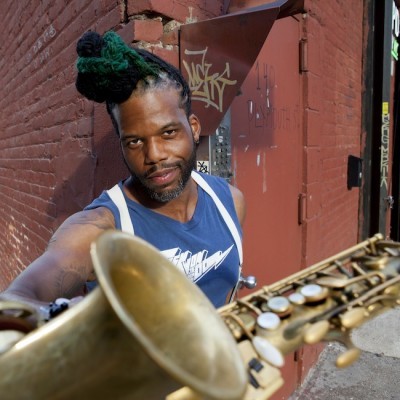
Benjamin possessed a fluid, round sound on the alto saxophone, and he was often most recognizable by the layers of electronic effects that he put onto the instrument.
Apr 2, 2024 12:59 PM
Casey Benjamin, the alto saxophonist, vocalist, keyboardist and producer who stamped his distinctive sounds on the…
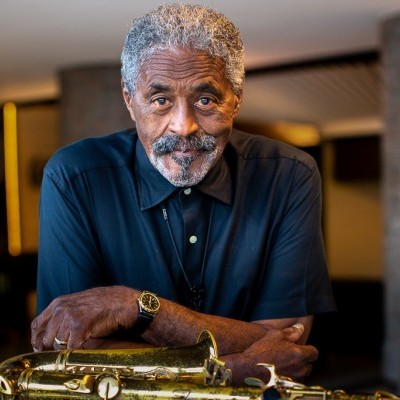
“He’s constructing intelligent musical sentences that connect seamlessly, which is the most important part of linear playing,” Charles McPherson said of alto saxophonist Sonny Red.
Feb 27, 2024 1:40 PM
“I might not have felt this way 30 to 40 years ago, but I’ve reached a point where I can hear value in what people…
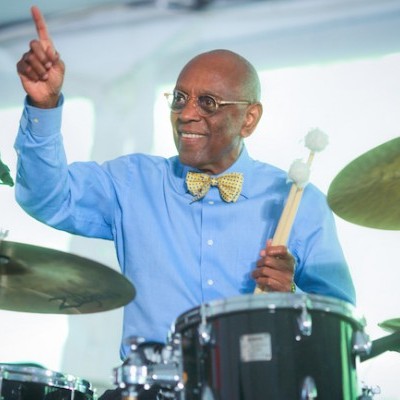
Albert “Tootie” Heath (1935–2024) followed in the tradition of drummer Kenny Clarke, his idol.
Apr 5, 2024 10:28 AM
Albert “Tootie” Heath, a drummer of impeccable taste and time who was the youngest of three jazz-legend brothers…
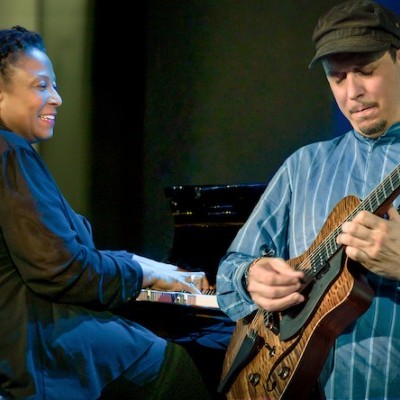
“Both of us are quite grounded in the craft, the tradition and the harmonic sense,” Rosenwinkel said of his experience playing with Allen. “Yet I felt we shared something mystical as well.”
Mar 12, 2024 11:42 AM
“There are a few musicians you hear where, as somebody once said, the molecules in the room change. Geri was one of…

Henry Threadgill performs with Zooid at Big Ears in Knoxville, Tennessee.
Apr 9, 2024 11:30 AM
Big Ears, the annual four-day music celebration that first took place in 2009 in Knoxville, Tennessee, could well be…